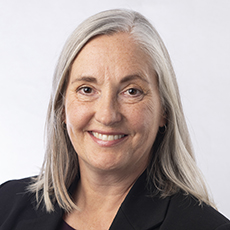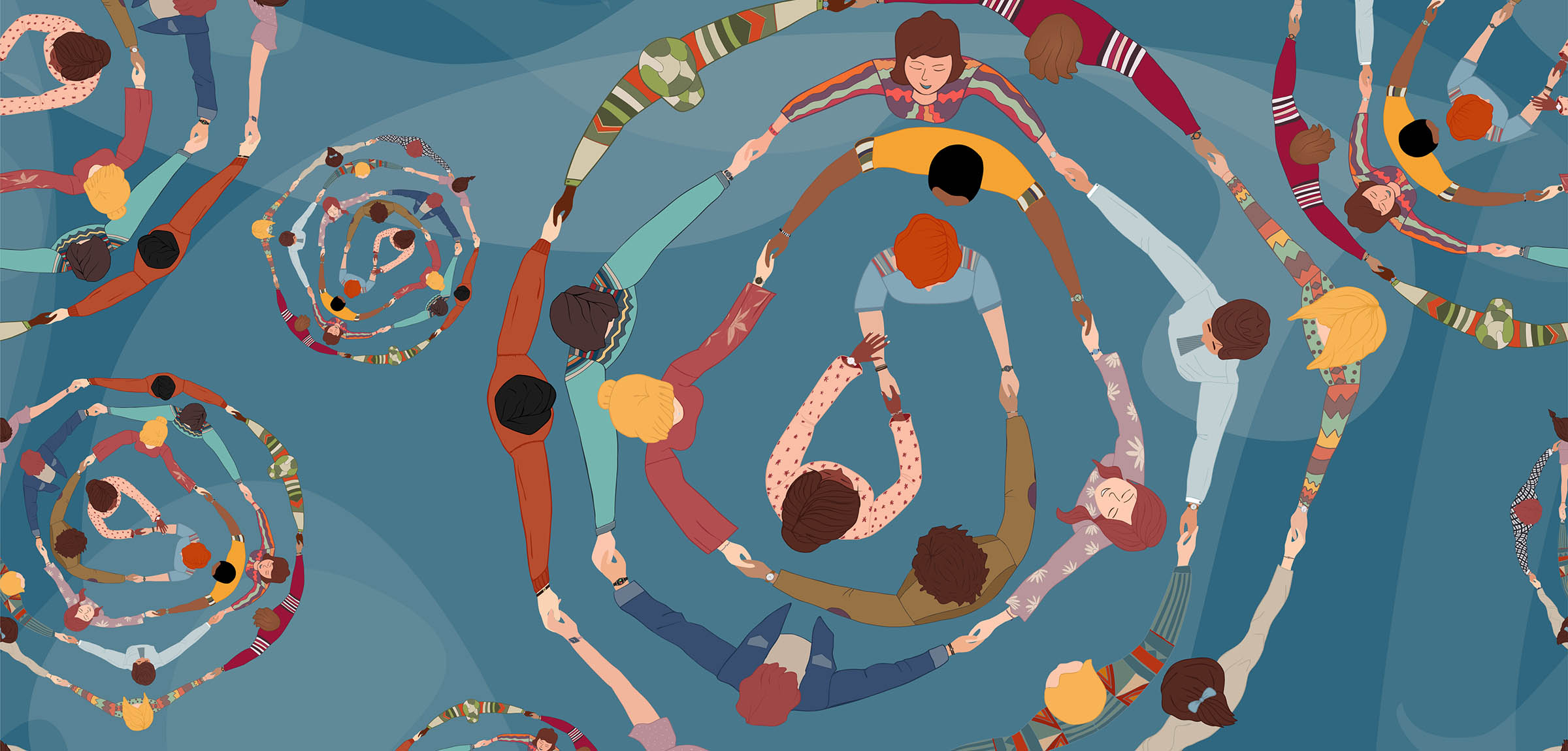I began my teaching career in Bechokǫ̀, NWT, and during that time, I played on several women’s volleyball teams. From time to time, our teams would travel to various communities to play in tournaments. On one of these excursions, our team, comprised mainly of Indigenous players, stayed at a hotel and were provided a very large, comfortable room that was in a quiet area of the hotel. After our first night in the room, we learned that hotel management wanted to move us to a different room that was right above the local bar, which was known for its boisterous weekend crowd. As one of the more senior members of the team, I was nominated to call the front desk and inquire about what was happening.
The call did not go well. The desk clerk was very rude and forceful about wanting to make the room change. As a result, I left the room and went to the front desk to confront the issue in person. When I arrived at the front desk and the clerk saw me in person, they immediately shifted to a polite stance. After the clerk apologized for the inconvenience, our team ended up staying in the more desirable room.
While I did not interrogate the hotel clerk about what had changed between my call and my appearance at the front desk, I attributed it to the fact that I am a white person. I firmly believe this was what shifted the balance of power during the dispute.
For me, as a young teacher, that day was a powerful lesson that helped me experience what happens to marginalized people every day. I imagined the extraordinary cost of having to navigate, daily, people that might not accept you as belonging because you are racialized or Indigenous or disabled or a member of any marginalized group. The emotional toll of navigating exclusion must carry a cost and hold implications about whether you thrive as a person in any society.
Research has begun to focus on the importance of belonging. Vivek H. Murthy, the US surgeon general, points out in his book, Together, that people are wired to belong in social groupings and that people experience pain when they feel rejected. Further, he writes that “emotional and physical pain are both processed by the brain in very similar ways.”
When implemented in workplaces, universities and public schools, equity, diversity and inclusion programs attempt to address the isolation of people from participation in society. Inclusion benefits us all, not just those who are marginalized by societal structures. Diversity brings forward multiple perspectives and increases our chances of finding novel solutions to the complex issues that we all face. Simply put, inclusion creates better outcomes for those who are excluded as well as for society overall.

Executive staff officer
Lisa Everitt is an executive staff officer for the Alberta Teachers' Association.
Read more
View more from The Learning Team
See recent articles